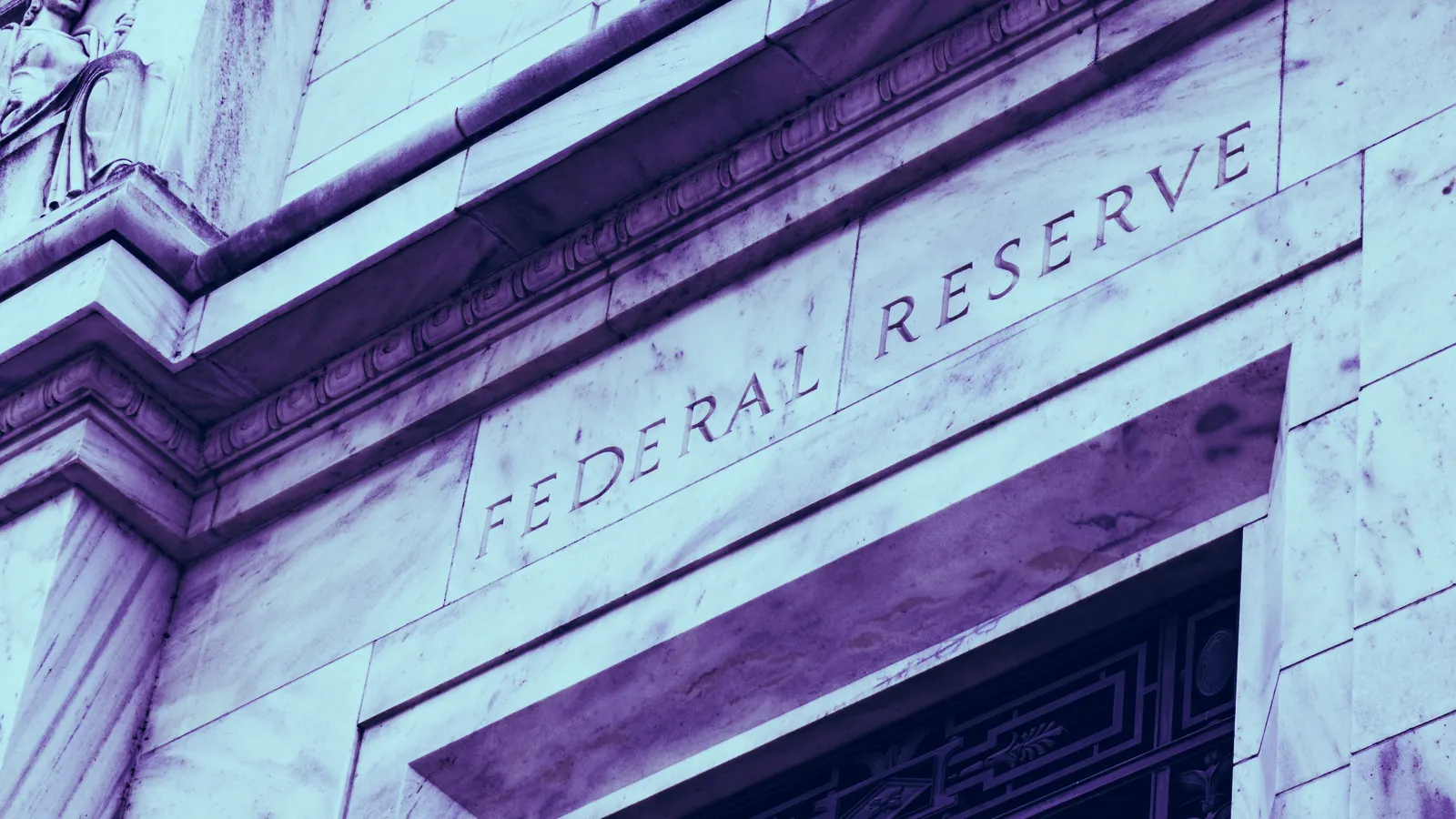In brief
- The Fed is buying $750 billion worth of corporate bonds in the form of ETFs.
- This is Fed's first time buying ETFs.
- Some commentators argue that they breaking the rules of their own charter.
The Federal Reserve is buying up $750 billion worth of corporate bonds, it announced yesterday. It’s the first time the Fed has bought them, and incentivizes large companies to sell bonds to get easy lines of credit to pay back loans.
The bonds are bought in the form of ETFs. The Treasury is spending $75 million, which investment firm Blackrock is leveraging by 10 to 1.
It’s an easy way for companies to raise cash, since the government is unlikely to default on loans and will give low interest rates. The Fed wrote yesterday that it wants “to provide broad exposure to the market for U.S. corporate bonds.”
The program was announced in March, but it’s just starting to buy them. Some think that the Fed is breaking the rules.
Jeffrey Gundlach, founder of DoubleLine Capital LP, commented, “The Federal Reserve is presently acting in blatant non-compliance with the Federal Reserve Act of 1913. An institution violating the rules of its own charter is de facto admitting that said institution has failed and is fundamentally broken.”
What are ETFs?
ETFs, or exchange traded funds, are investment funds that are listed on a stock exchange. Instead of, for instance, riding Musk’s terrifying roller coaster and buying shares in Tesla, you’d buy shares in a collection of stocks, commodities or bonds.
ETFs are relatively new, introduced in 1993, but really took off in the last decade; the SEC in 2008 passed a rule that made it easier to create ETFs. “The rule is designed to eliminate unnecessary regulatory burdens, and to facilitate greater competition and innovation among ETFs,” it wrote in a Federal Register in 2008.
Why has this got Bitcoiners riled up?
That the Fed is using unconventional tactics to curb the economic crisis caused by the coronavirus pandemic is regarded as an “I-told-you-so” by some in the crypto world, who refer to Bitcoin’s monetary policy, which, like clockwork, is reorganized every four years.
“Today, Bitcoin's block reward was programmatically cut in half, as it is every four years. Tomorrow, for the first time in the history of the United States, the Federal Reserve will purchase ETFs. Hard vs soft. Sound vs unsound,” said Travis Kling, chief investment officer at Ikigai fund.
Because Bitcoin’s ledger is immutable, and its protocol can only alter should the community vote in favor of a hard fork, the Fed’s actions are a world apart from Bitcoin. Only the Fed can still impact its price—in March, Bitcoin tracked the stock market and collapsed by almost 50%. Looks like Bitcoiners can’t win.
Daily Debrief Newsletter
Start every day with the top news stories right now, plus original features, a podcast, videos and more.

